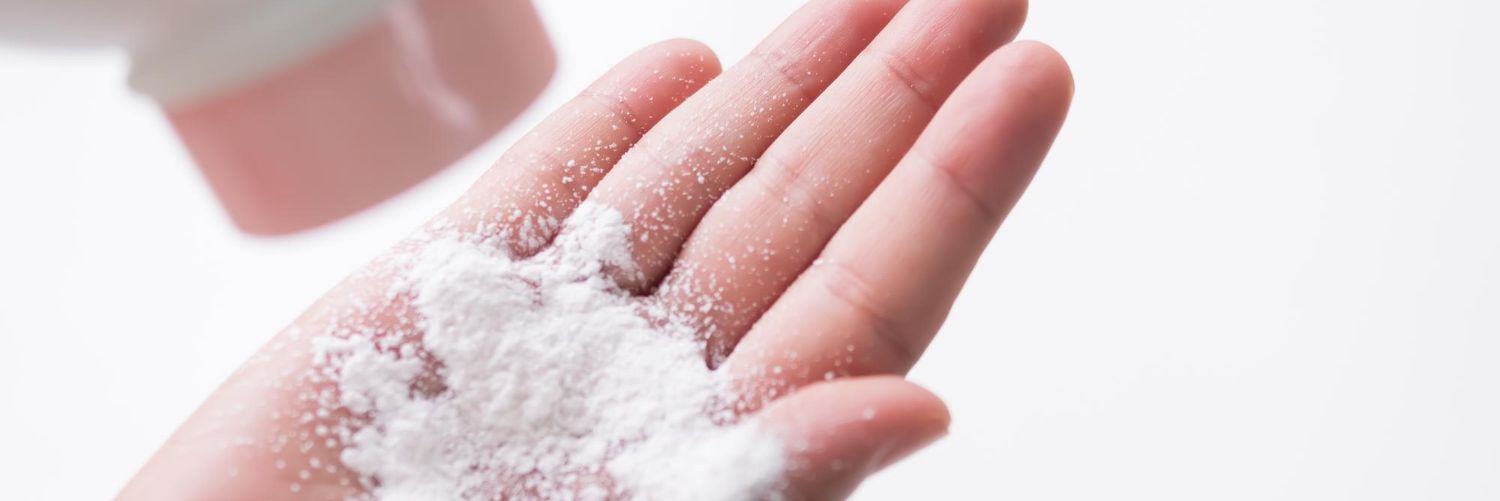J&J's Court Loss Jeopardizes Texas Two-Step Plan
J&J's Court Loss Jeopardizes Texas Two-Step Plan

Introduction
A court defeat for Johnson & Johnson jeopardizes a legal strategy devised by a few of the world's most successful firms to combat the litigation.
A federal appeals court in Philadelphia found that J&J is too affluent to file for bankruptcy in order to settle over 40,000 cancer claims related to their baby powder. The corporation has promised to appeal in order to retain a legal strategy known as Texas Two-Step, which has been explored by industrial juggernaut 3M Co. and forestry behemoth Georgia-Pacific.
A three-judge court tossed out J&J's approach, which sided with cancer patients, after spending more than $100 million in legal expenses. The judges decided that J&J bankrupted a specifically constructed company, LTL Management, in order to prevent juries from hearing the complaints throughout the country. The decision pushed J&J shares down 3.7%, their lowest day since June 2020.
J&J, 3M, and Georgia-Pacific have adopted a technique that involves shifting billions of dollars in legal claims to tiny companies, which subsequently apply for Chapter 11 bankruptcy protection. The parent firms undertake to pay all creditors of those subsidiary entities, even those that seek payment. While the units are under court protection, the parents attempt to halt the litigation and reach an agreement.
In a Chicago appeals court, 3M is seeking to block 230,000 claims filed by current and former troops who say their hearing was harmed by earplugs sold by the firm to the US military. Georgia-Bestwall Pacific's division is defending customers who claimed asbestos in the company's products poisoned their lungs in bankruptcy court in Charlotte, North Carolina.
J&J must now defend itself against allegations that the tainted talc in their baby powder causes cancer. Before J&J was ordered to pay out more than $2 billion to a group of victims, the business lost numerous similar lawsuits, including one that was challenged all the way to the US Supreme Court.
The ruling is not binding on the 3M or Georgia-Pacific cases, but attorneys believe that the basic message that profitable firms should not use bankruptcy to settle disputes will influence the courts overseeing them.
This is because the J&J decision comes from a court with extensive expertise in bankruptcy cases resulting from judgments. For decades, corporations that manufactured asbestos-containing products filed for bankruptcy in Delaware and New Jersey under Chapter 11 procedures that permitted them to continue functioning while settling with hundreds of thousands of victims who had sued them. Some of the biggest asbestos bankruptcies ever filed were heard by the federal appeals court in Philadelphia, which reviews appeals from those courts.
The primary distinction is that corporations such as chemical manufacturer WR Grace and car parts company Federal-Mogul said they couldn't afford to fight asbestos litigation, so they declared bankruptcy to deal with what's known in the industry as a mass harm exposure.
Only corporations who are immediately confronted with financial difficulty can petition for bankruptcy, according to Philadelphia judges. The judges held that because J&J never claimed to be in urgent danger, it cannot utilize Chapter 11 bankruptcy to place a subsidiary under court protection.
J&J stated in a statement that it will appeal the verdict. According to the corporation, the bankruptcy was filed in good faith in order to properly address the talc claims. According to a business spokeswoman, 3M is still attempting to settle the earplug cases through court-ordered mediation. Georgia-Pacific is owned by Koch Industries, which did not respond to queries seeking comment.
J&J might ask that the verdict of the three-judge panel be reconsidered by all Philadelphia appellate court justices. The corporation might potentially petition the US Supreme Court to consider its reasons for allowing the Chapter 11 lawsuit to proceed.
Following its significant setback in the talc litigation, J&J devised a new legal strategy to keep the claims from going to trial and compel the plaintiffs to settle in the LTL Chapter 11 case. J&J has always maintained that there is no convincing scientific evidence linking its baby powder to cancer. The firm said that the LTL lawsuit was the only method to control the expenses of the talc litigation and ensure that victims were adequately compensated.
The LTL bankruptcy was Texas' Two-first steps to reaching an appeals court. Some legal academics and members of Congress have criticized J&J's method since the corporation gained a substantial advantage from Chapter 11 regulations, a stay of litigation, without declaring for bankruptcy, where it would be subject to court scrutiny of its spending and other operations.
Latest News
Texas Trial to Decide J&J’s $10B Talcum Powder Settlement
A high-stakes trial in Texas will determine whether Johnson & Johnson (J&J) can resolve tens of thousands of talcum powder cancer lawsuits through a…




